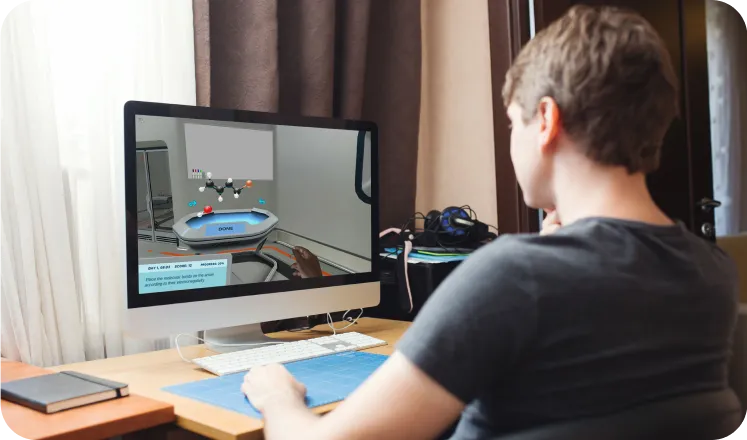
Fractional distillation is a specialized form of distillation, a process that separates components of a homogenous mixture based on different boiling points. Widely used in fields as varied as petroleum refining and the production of alcoholic beverages, this complex process is the base process for various liquids we use daily.
However, the traditional lecture-based teaching of fractional distillation often falls short of captivating students' interests, given its lack of visual elements and interactive content. An effective teaching approach is required; one with hands-on experiments, illustrative explanations, and connections to real-world applications.
With this in mind, we have crafted this article. It outlines five creative strategies to transform fractional distillation from a dry topic into an engaging and stimulating subject. The aim extends beyond mere teaching the process; we want to inspire students by highlighting its future prospects and real-world relevance.
Fractional distillation is a chemical process, so its effective comprehension requires hands-on experimentation. However, since it is primarily an industrial process, replicating it in a classroom is a challenge.
One innovative way to surmount this issue is through the use of virtual labs. They offer students an immersive learning experience, converting abstract concepts into tangible experiences.
For instance, in Labster’s Fractional Distillation lab simulation, students step into a virtual lab and experience the process with realistic tools-from the distilling flask at the start, the fractionating condenser, to the receiving flask at the end.

By virtually interacting with the equipment and observing the distillation process, students develop a deeper understanding of how these tools play their part in the distillation of a homogenous mixture.
Adding an element of fun and competition to the learning process can significantly enhance students' engagement and retention.
Games and activities provide a more relaxed atmosphere. They reduce the intimidation often associated with complex chemistry concepts like fractional distillation. Some fun games and activities to include in your classrooms are:
Essential processes such as condensation and evaporation need clear visual representation for students to comprehend. Boiling point diagrams need to be thoroughly explained. This is where technology steps in, providing vivid and interactive visuals to enhance understanding.
Virtual reality (VR) and online simulations are prime examples of tech tools that can be employed in lessons. One great resource to use is the Labster Fractional Distillation simulation. It lets students get along with the whole distillation process in the virtual laboratory. They, then use the boiling and composition diagrams, to optimize the process.

Discover Labster's Fractional Distillation virtual lab today!
Linking the concept of fractional distillation to career exploration can give students a broader perspective and open a world of possibilities they might not have considered.
The fractional distillation process is important for careers in the petrochemical, food, and beverage industry, and pharmaceutics.
This approach shows students that what they are learning has real-world significance and leads toward some rewarding careers.
Beyond career exploration, the main goal of teaching any topic is to highlight its real-world applications. And the chemical processes, like fractional distillation, are an actual application of chemistry principles.
This process is the base of multiple industries. For instance, in the petrochemical industry, it is used to separate different components of crude oil into useful fractions like gasoline, kerosene, and diesel. In the food and beverage industry, it is used in the production of alcoholic beverages. The pharmaceutical industry uses this process to purify compounds for drug production.
In each of these instances, understanding the principles of fractional distillation is crucial. By emphasizing these applications, teachers can help students appreciate the relevance of what they are learning, thereby enhancing their engagement and motivation to learn more about this essential process.
Teaching fractional distillation doesn't have to be boring at all. Through virtual labs, simulation, games, and real-world connections, you can breathe life into it, making it an exciting and fun topic for students to explore.
By incorporating interactive models, games, and activities, educators can make the learning process both engaging and effective
Try our free 30-day All Access Educator's Pass today and teach with the Fractional Distillation simulation alongside 300+ other virtual labs!

Labster helps universities and high schools enhance student success in STEM.
Request DemoRequest a demo to discover how Labster helps high schools and universities enhance student success.
Request Demo